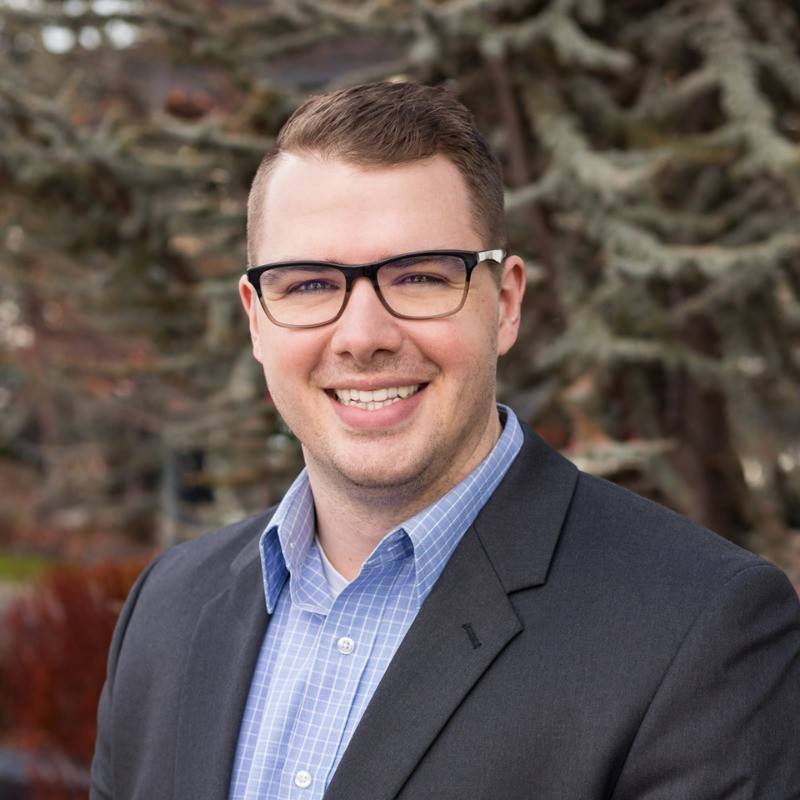Accounting Pipeline Crisis Presents Opportunity
November 25, 2024
by Nick R. Fuller, CPA, CFP®

CPA Jobs offer variety from 9-to-5 employment to business ownership.
Elvis Presley is credited for once stating “I have no use for bodyguards, but I have very specific use for two highly trained certified public accountants.”
Today, CPAs enjoy a collective reputation as trustworthy and respected professionals, in part due to the number of regulatory agencies that oversee their work—Securities and Exchange Commission, IRS, National Association of State Boards of Accountancy, Public Company Accounting Oversight Board, and more. Continuing education also is required to maintain CPA licenses. CPAs possess technical knowledge relied upon by stakeholders throughout the business world.
The accounting profession is in the midst of a talent pipeline crisis, facing labor market challenges that are wide ranging and affect a broad spectrum of businesses, as well as some that are industry specific. Baby boomers are retiring, and firms are struggling to attract and retain millennial and Gen Z talent. College enrollment is down, and aspects of the accounting business model, such as the seasonality of revenue forcing long hours during the tax season, have led to a high level of employee burnout and a diminishing reputation among high school and college students.
Once predicted to be replaced by computers—as per a 2013 Oxford study on the future of employment—the reality is that despite significant impacts from technologies like AI and machine learning, the demand for CPAs is growing, not shrinking.
The Bureau of Labor Statistics estimates the need for accountants and auditors will grow at a rate of 4% per year between 2022 and 2032. Meanwhile, the American Institute for CPAs reported in its 2023 Trends Report that accounting bachelor’s degree completions have decreased each year from the 2016 academic year through 2022, with roughly 17% fewer accounting students graduating in 2022 than in 2016. The trends are more glaring for new candidates sitting for the CPA exam each year, which decreased roughly 37%—almost 18,000 prospective CPAs—in the same period.
This talent squeeze is being felt on a national level, as the National Pipeline Advisory Group (NPAG), recently released a draft report outlining root causes of the shortage and proposing preliminary strategies to address the issue.
Recommendations from NPAG are wide-ranging and include reducing the financial barriers to CPA licensure, increasing starting salaries, casting a wider net by attracting nontraditional students, and enhancing the employment experience, which calls for adapting to a workforce that prioritizes flexibility and values alignment more than previous generations.
The effects of the shortage are also being felt locally. In my role with the Spokane chapter of the Washington Society of CPAs, I have had countless conversations with local and regional firm owners eager to hire both experienced and prospective CPAs. A quick online search produces dozens of Spokane job postings ranging from large, national firms like BDO, CLA, and Moss Adams to small, local practices with 10 or less employees, as well as finance and accounting roles at highly regarded Spokane-area corporations Avista and Itron. Local tax firms are hitting capacity limits and selling or simply letting go of clients they can’t serve appropriately.
Plainly put, there’s an imbalance of supply and demand. Simple economics points to an attractive opportunity for accounting professionals and students considering the CPA career path. Job security and stability for CPAs in the current environment is unrivaled, but the benefits of a career as a CPA go beyond steady employability.
The CPA credential commands a level of respect few others are afforded early in their careers, as first and second-year staff at public firms are often granted a seat at the table with decision makers and business owners, which leads to incredible opportunities for on-the-job learning and expedited career advancement.
Career flexibility is another benefit afforded to students who choose accounting. Often referred to as the language of business, a comprehensive understanding of accounting can be utilized in many fields, offering CPAs comfort should they realize their first job out of college isn't their dream role. Financial planning, private equity, and banking are all industries a CPA can transition smoothly into. Even the FBI regularly hires special agents with an accounting background.
The choices don’t stop there, as the risk averse professionals can pursue a predictable 9-to-5 job with a stable salary and great benefits, while those with an entrepreneurial spirit can pave a path to business ownership.
Anecdotal evidence suggests that the average time to partner is around 15 years, but that varies widely. For those who transition out of public accounting, there are opportunities for a corner office in other sectors, for example, chief financial officer, where compensation ranges but remains competitive.
As menial tasks that accountants previously performed continue to be automated at an exponential rate, CPAs sit on the front lines of innovation and continue to resist obsolescence. Public accounting firms historically have focused on audit and tax services, but the field has been transformed by technology, and CPAs are relied upon to consult in a variety of areas, including information technology and data security, cloud computing, data analysis, blockchain technology, corporate ESG initiatives, financial planning, and artificial intelligence. In essence, if a technology or topic is making waves in the business world, it’s safe to assume there's a team of CPAs involved with it in some capacity.
With four area universities that offer bachelor’s degrees with an accounting focus and a strong community college system, Spokane can help ease this pipeline crisis.
Spokane’s Andrew Brajcich is the Jud Regis Endowed Chair of Accounting at Gonzaga University and the immediate past chair of the WSCPA. A thought leader on accounting and taxation, Brajcich is among those who spearheaded an effort to make CPA licensure more attainable by lengthening the window Washington applicants have to pass all four required exam sections from 18 months to 36 months, the longest in the country. He is also a leader of conversations on a national level that bring into question the traditional 150 credit hour requirement prospective CPAs need to sit for the exams, which often requires students to attend and pay for a costly fifth year of college.
Kimberly Scott, President and CEO of the WSCPA, is working alongside Brajcich in these efforts and sits on the National Pipeline Advisory Group with industry leaders from across the country. In a July visit to Spokane, Scott emphasized the need for the industry to tell a better story to prospective accountants and to adapt an outdated business model to improve the employee experience. Specifically, Scott pointed to a middle-management problem where employees are promoted based on their work product but not properly equipped to manage people. A passionate advocate for the profession, Scott works directly with firms to help them align employee roles and workflows with their natural strengths.
Ultimately, the accounting pipeline problem is glaring, which is forcing employers to adapt in order to attract and retain talent. Salaries are rising and work-life balance is in the spotlight. Students planning for their future would be smart to consider careers in accounting as they stand to benefit from the supply-demand disparity.

Nick R. Fuller is a CPA and financial planner at Spokane-based Quantum Financial Planning and a member of the board of the Spokane Chapter of the WSCPA.
This article appears in the fall 2024 issue of the Washington CPA magazine. Read more here.
photo: © iStock/PixelsEffect
